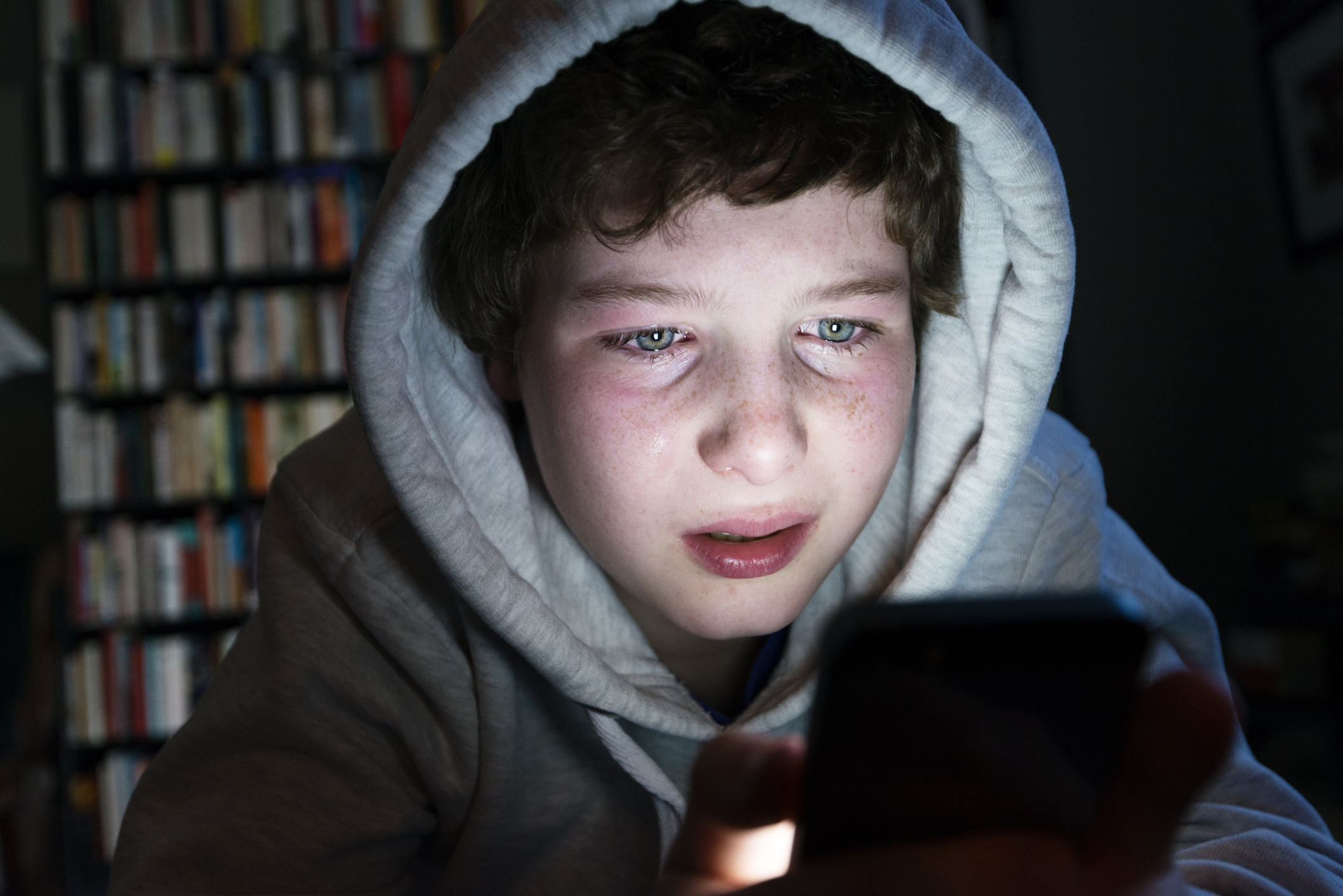As much as we may want to believe that bullying in schools has been decreasing within the past decade, we often forget that it takes on other forms that are not as visible as a black eye or a bloody nose.
How Bullying Occurs
Due to the advancement of technology and social media over the last twenty years, parents may not realize that their child is being bullied. Children with special needs face an even greater risk of becoming a victim. Not only do children endure bullying at school, but the harassment often follows them home via social media as well as through cellphone/tablet use. Research has found that kids tend to be crueler online than they are face-to-face. Children are bullied for different reasons. The things they can not change about themselves are used against them to cause pain and embarrassment. Some of the reasons for special needs children being bullied are:
- Food allergies
- Limited social skills
- Physical, developmental, emotional, and/or sensory disabilities

The treatment these individuals receive for being different also leads to social isolation from their intolerant peers. This includes being excluded from playground games, not receiving invitations to birthday parties or other social events, being denied a seat at the lunch table, and so on. The constant harassment at home and at school can have a negative impact on a child’s social skills, self-esteem, and more. We at All Pointe Care and All Pointe Homecare are asking you to take action in your community to end bullying.
How Those Being Bullied are Affected
Without the proper guidance and support, it can be easy for the bullying that goes on at school to continue at home. Children can post public, insulting comments online at any time. Some of the most common effects of bullying on a young individual are:
- Hindered social skills
- Anxiety
- Depression
- Low self-esteem
- Poor self-image
When bullies use expressions that imply that victim is not as intelligent as their peers, it can have a negative influence on their self-esteem. Hearing their peers use these terms to describe them hinders their growth as independent individuals. In severe cases, victims of bullying have directed their attention to hurting themselves or others due to lack of support. They will often engage in self-harm or attempt suicide.

How we can help
Making small changes can send a wave of change throughout our community. Whether you are a parent, teacher, or peer of someone with special needs, there is always something you can do to help make these individuals feel accepted and welcomed. If you are a parent, you can:
- Teach your child how they can address and cope with bullying by integrating these skills into conversation at home
- Create all-inclusive activities at home, allowing everyone a task
- Encourage participation in conversations and extracurricular activities
- Create a buddy system or emergency plan in over-stimulating settings – such as the mall or grocery stores
Teachers can also do their part in the classroom:
- Integrate a response to bullying into the student’s Individualized Education Program (IEP)
- Become aware. Educate co-workers and students on the individual’s needs and the repercussions of certain actions (i.e. exposing someone to something they are allergic to)
- Encourage and increase peer support in the classroom, lunchroom, and playground settings
- Encourage students to work together to inspire participation and success for everyone in the classroom
- Create all-inclusive activities in the classroom that give everyone a role
- Create a buddy system during stressful times such as fire drills, emergencies, etc.
- Establish social programs such as eating lunch together or unified sports

With the help of students, the teacher’s job will be much easier. Once students are educated that being different is normal, they can begin working together more efficiently. Peers of special needs children can:
- Create inclusive games on the playground that allow everyone of all abilities to participate
- Participate in buddy systems in over-stimulating environments
- Encourage students who may be shy or uncomfortable in social environments to sit with you at lunch
- Educate fellow peers on acceptance and how being different is okay
It takes one small ripple to make a wave. Imagine if our entire community could work together and encourage other communities to include and accept all individuals. Together, we could make the world more welcoming for everyone. All Pointe Care and All Pointe Homecare ask you to take these tips into consideration and actively integrate these new positive actions into your daily life. We are asking you to spread kindness and positivity. Together, we can make the world a little brighter!
